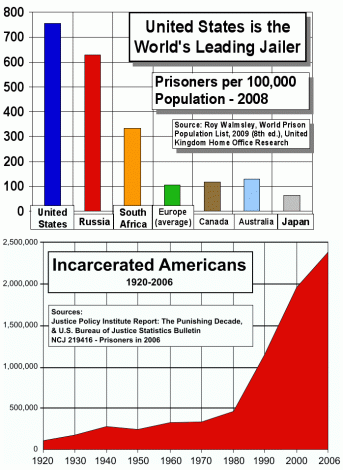Piper Kerman was a 24-year-old Smith College graduate in 1993, when she flew to Belgium with a suitcase of money intended for a West African drug lord. This misguided adventure started when she began a romantic relationship with a woman who was part of what Kerman describes as a “clique of impossibly stylish and cool lesbians in their mid-30s.” That woman was involved in a drug-smuggling ring, and got Kerman involved, too, though Kerman left that life after several months. Five years later, Kerman was named as part of the drug ring and, in February 2004, she reported to the Federal Correctional Institution in Danbury, Conn. The new Netflix series Orange Is the New Black is based on Kerman’s memoir of the same name about her year in that minimum-security women’s prison. Kerman is now a vice president at a Washington-based communications firm that works with foundations and nonprofits, and she serves on the board of the Women’s Prison Association. She tells Fresh Air’s Terry Gross about learning the rules of prison and sharing a cell with her former girlfriend. MORE
RELATED: Attorney General Eric Holder is calling for major changes to the nation’s criminal justice system that would scale back the use of harsh prison sentences for certain drug-related crimes, divert people convicted of low-level  offenses to drug treatment and community service programs and expand a prison program to allow for release of some elderly, non-violent offenders. In remarks prepared for delivery Monday to the American Bar Association in San Francisco, Holder said he is mandating a change to Justice Department policy so that low-level, non-violent drug offenders with no ties to large-scale organizations, gangs or cartels won’t be charged with offenses that impose mandatory minimum sentences. Mandatory minimum prison sentences — a product of the government’s war on drugs in the 1980s — limit the discretion of judges to impose shorter prison sentences. Under the altered policy, the attorney general said defendants will instead be charged with offenses for which accompanying sentences “are better suited to their individual conduct, rather than excessive prison terms more appropriate for violent criminals or drug kingpins.” Federal prisons are operating at nearly 40 percent above capacity and hold more than 219,000 inmates — with almost half of them serving time for drug-related crimes and many of them with substance use disorders. In addition, 9 million to 10 million prisoners go through local jails each year. Holder praised state and local law enforcement officials for already instituting some of the types of changes Holder says must be made at the federal level. MORE
offenses to drug treatment and community service programs and expand a prison program to allow for release of some elderly, non-violent offenders. In remarks prepared for delivery Monday to the American Bar Association in San Francisco, Holder said he is mandating a change to Justice Department policy so that low-level, non-violent drug offenders with no ties to large-scale organizations, gangs or cartels won’t be charged with offenses that impose mandatory minimum sentences. Mandatory minimum prison sentences — a product of the government’s war on drugs in the 1980s — limit the discretion of judges to impose shorter prison sentences. Under the altered policy, the attorney general said defendants will instead be charged with offenses for which accompanying sentences “are better suited to their individual conduct, rather than excessive prison terms more appropriate for violent criminals or drug kingpins.” Federal prisons are operating at nearly 40 percent above capacity and hold more than 219,000 inmates — with almost half of them serving time for drug-related crimes and many of them with substance use disorders. In addition, 9 million to 10 million prisoners go through local jails each year. Holder praised state and local law enforcement officials for already instituting some of the types of changes Holder says must be made at the federal level. MORE
Curated News, Culture And Commentary. Plus, the Usual Sex, Drugs and Rock n' Roll

